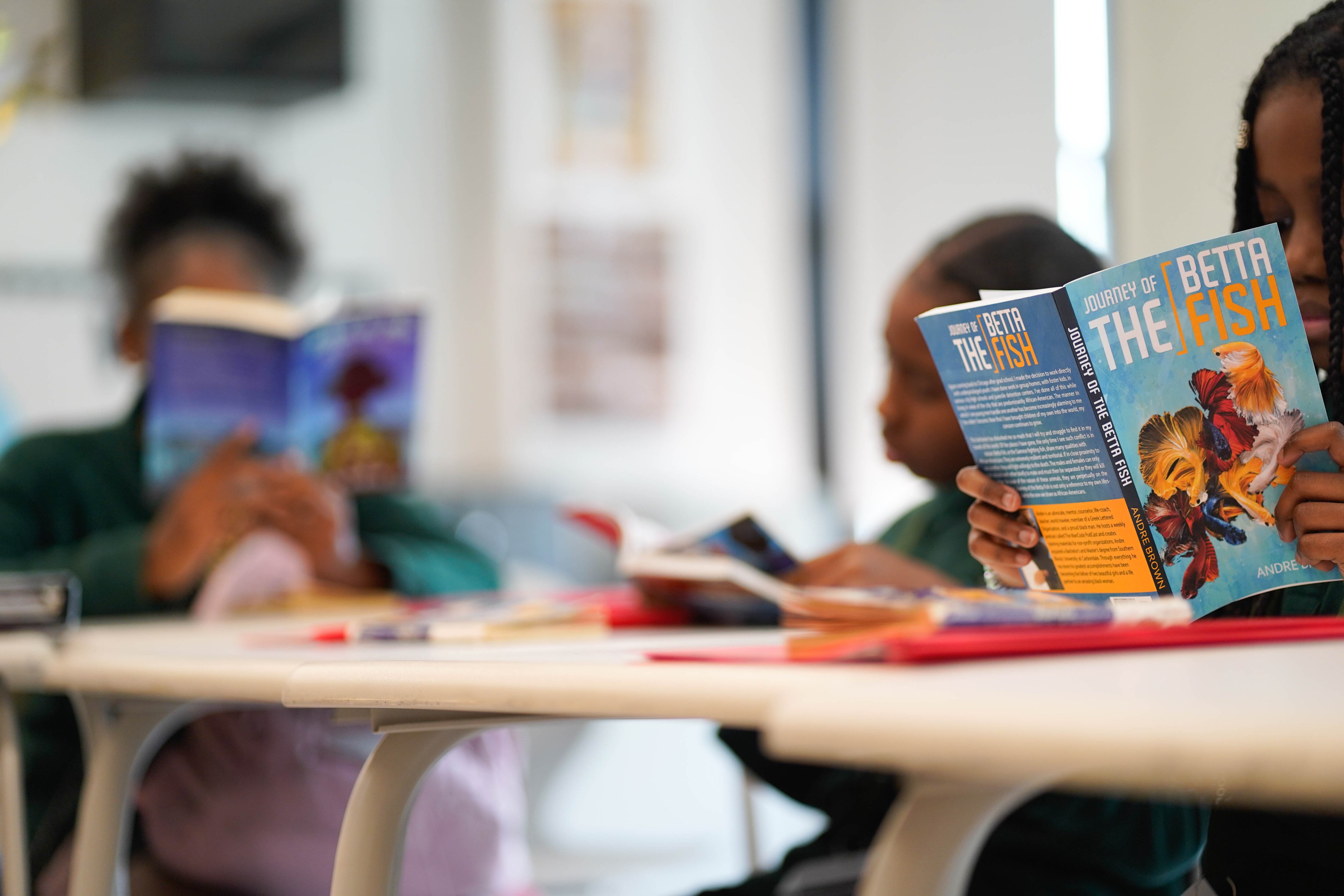Sign up for Chalkbeat Chicago’s free daily newsletter to keep up with the latest education news.
Chicago’s first elected school board races are heating up. As of Monday, 21 candidates had filed the paperwork required to appear on the Nov. 5 ballot – with more expected over the next week.
But there are still several steps before the Chicago Board of Elections can solidify who will be on the ballot this November. Candidates have to submit 1,000 valid signatures from residents of their district — and their opponents could challenge the validity of those signatures. So what happens if one or more of the 10 district races ends up without a candidate on the ballot?
The most likely answer is that a write-in candidate would win the seat — potentially with just one vote, said Max Bever, a spokesperson for the Chicago Board of Elections.
Until 2027, the new board will have 10 elected seats and another 11 seats appointed by Mayor Brandon Johnson. Each district is split into two subdistricts; Johnson must fill his seats with people who live in each subdistrict that does not have a winner from the election.
Candidates have until June 24 to file the documents required to appear on the ballot.
Petition signatures may be challenged until July 1. Often, a candidate’s opponents will file such objections, but registered voters who live in the candidate’s district can also challenge signatures.
The board of elections will consider those objections, which could result in a candidate’s nomination paperwork being deemed invalid and kicked off the ballot. Separately, candidates who are considering a run right now might decide to drop out.
In the event of a district having no one on the ballot on Nov. 5, a write-in candidate could win. But voters can’t just write any name and expect that to count as a vote.
The only votes that get counted for write-in candidates are names of people who filed a special form with the Chicago Board of Elections by Sept. 5, which declares their intent to be a write-in candidate, Bever said. Candidates trying to get on the ballot who get kicked off due to petition objections can also file to be write-in candidates. If they are removed from the ballot after Sept. 5, they have until Oct. 29 to file their write-in candidate forms.
Write-in candidates must also meet the legal requirements to be on the school board, such as being a U.S. citizen and living in the district they want to represent, Bever said.
If no write-in candidates win, the school board could also fill a vacancy. According to the state law that established Chicago’s elected school board, any vacancy in the elected offices must be filled by a majority vote of the school board within 30 days of the vacancy.
It’s unclear, however, if that responsibility would fall to the current board or the newly elected one. Election results won’t be certified by local authorities until Nov. 26 and until Dec. 6 by state authorities, Bever said. Both dates are more than 30 days before the new board gets sworn in, pushing past the deadline for which a vacancy should be filled per state law.
The school board would vote for a person who lives in the district and is qualified to hold the seat. While that law applies to vacancies that happen after the election, it also counts for an office that never had candidates running, Bever confirmed.
Reema Amin is a reporter covering Chicago Public Schools. Contact Reema at ramin@chalkbeat.org.






